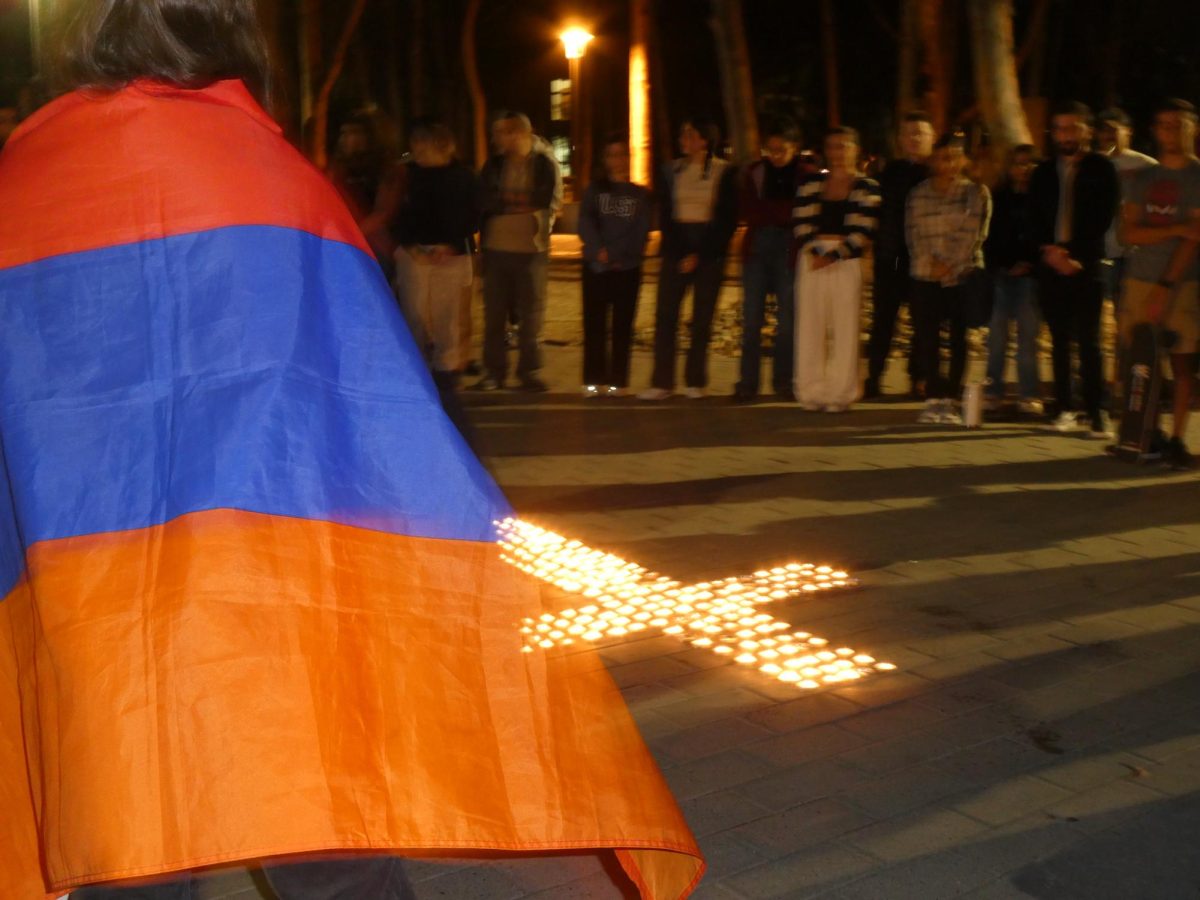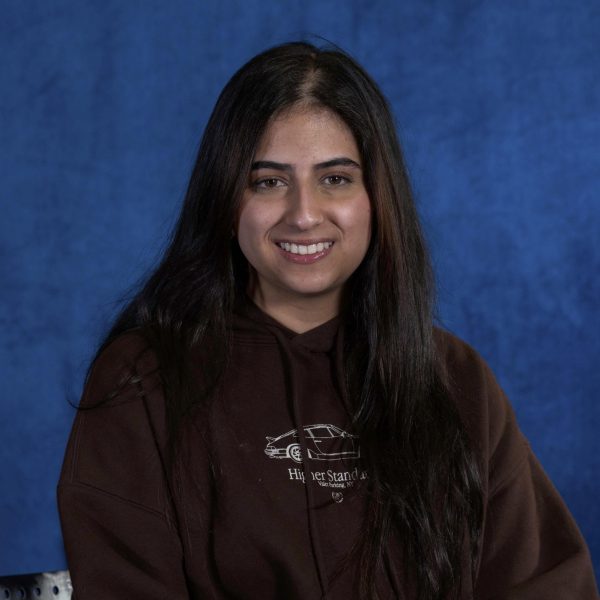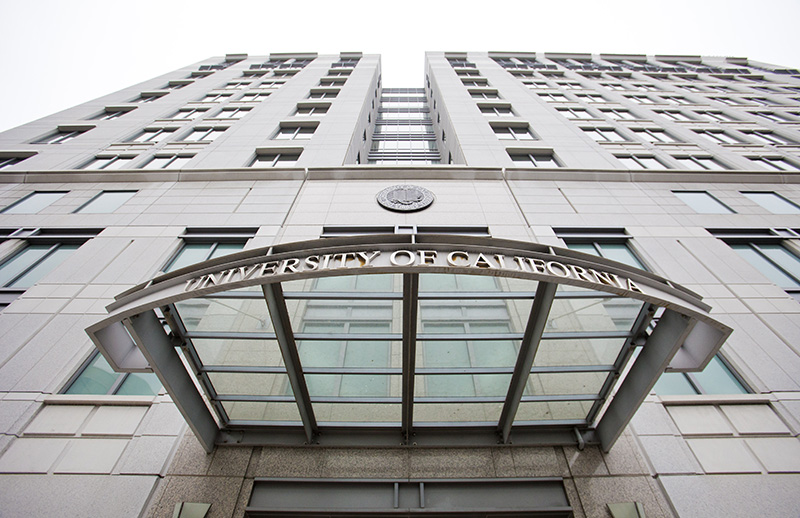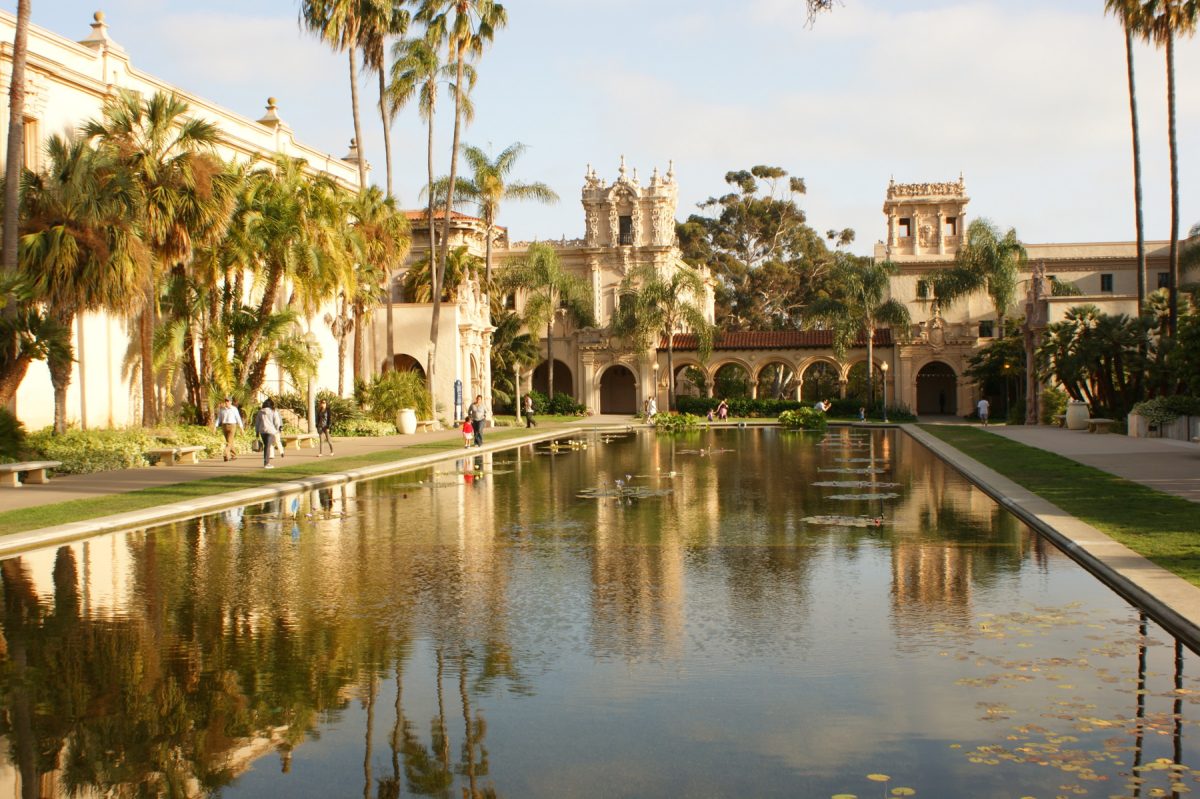On Tuesday, Oct. 3, the Armenian Student Association at UC San Diego held a candlelight vigil in front of Geisel Library. This event sought to honor both the soldiers and civilians impacted by the Artsakh conflict and to underline the broader ramifications of global indifference.
While rooted in the regions of Armenia and Azerbaijan, the Artsakh conflict resonates on a global scale, notably in Armenian diaspora communities familiar with the impactful history of the Armenian genocide. This sentiment is clearly reflected among Armenian-American students at UCSD. Discussing how the conflict influences the Armenian identity and memory, senior and ASA President Levon Babyan highlighted the narratives tied to the Armenian genocide of 1915 by the Ottoman Empire.
“The Armenian genocide was a monumental event that affected 1.5 million of our ancestors,” Babyan said. “I became acquainted with this history while attending an Armenian school in Los Angeles. We impart these narratives to the younger generation, aiming to foster awareness and prevent history’s recurrence. It’s reminiscent, in sentiment, of the harrowing events our forebears endured over a century ago.”
The UCSD Armenian community further faced stark reminders of this conflict in 2020 during the resurgence of the 44-Day War as a result of Azerbaijan’s aggression against the Armenians.
“I joined UCSD right when the war began,” Babyan said. “There wasn’t much we could do here because the student population was minimal during 2020. Since then, there has been a continuous decline in the situation, culminating in the current blockade. It’s been agonizing for our people in Armenia. Here at UCSD, we’re mobilizing resources, fundraising, and spreading awareness. Yet, it feels like our pleas fall on deaf ears.”
“While the broader UCSD community might not be able to provide direct help, their solidarity would mean a lot,” Babyan said. “We aim to show the cost of inaction.”
On misconceptions about the conflict, Babyan was unequivocal.
“All the information is out there for everyone to see,” he said. “There should be no misconceptions. We’ve lost significant parts of our homeland. The reality is clear: it was genocide.”
Babyan also provided insight into ways the UCSD community can stand in solidarity with Armenians.
“Educate yourself. Dive deep into what transpired, understand its historical roots, and look for ways to prevent such events in the future,” he said. “If you encounter Armenians, engage in conversations, and ask how you can help. Donations, outreach, and genuine empathy go a long way.”
Addressing the student body, Babyan’s words encapsulated the silent sacrifices of the UCSD Armenian community.
“Our strength is our unity,” he declared. Babyan went on to detail the disturbing figures of the conflict, noting that over “120,000 Armenians” are currently enduring immense suffering due to the ongoing hostilities.
As the event progressed, many attendees were given a platform to share their personal experiences, each testimony adding another layer to the collective narrative. The aim was to illuminate the human side of geopolitical disputes by personalizing the often abstract statistics and figures that one may easily detach themselves from.
For many Armenians at UCSD, the Artsakh conflict is more than just a historical or political topic. It reflects their ongoing commitment to awareness and understanding. As Babyan said, they come together to honor the history of the Armenian people. Sharing these stories across different platforms, from universities to international arenas, plays a role in fostering broader discussions about peace and recognition.









